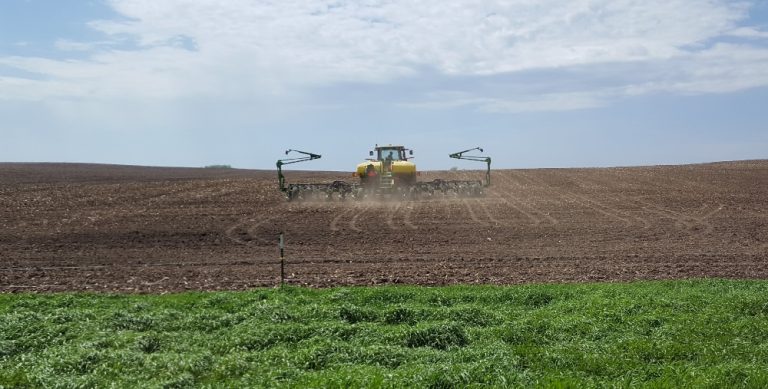IARN — American Farm Bureau officials say the new Cattle Price Discovery and Transparency Act announced on November 9th would provide fairness in cattle markets.
Farm Bureau Congressional Relations Director Scott Bennett says the cattle market reform proposal is a compromise of bills by Senator Chuck Grassley of Iowa and Senator Deb Fischer of Nebraska.
“This act has many of the same tenants that we saw in Senator Fischer’s bill,” said Bennett. “It would take an average of the previous 18 months to establish a mandatory minimum for each region. The mandatory minimum would be reviewed every two years and no one region could be more than 300 percent of the minimum mandatory negotiated trade of the lowest region.”
Bennett explains that cattle market transparency is a policy objective this year for the American Farm Bureau.
“This bill fits squarely within American Farm Bureau policy,” said Bennett. “We support the bill, and we hope that parts of this bill are incorporated into Livestock Mandatory Reporting reauthorization. However, it is of utmost importance for Farm Bureau that Livestock Mandatory Reporting does not lapse.”
Bennett says Livestock Mandatory Reporting expires December 3rd, unless reauthorized by lawmakers.
“Senator Fischer and Senator Grassley will be working closely with the Senate and House Agriculture Committee to get portions, if not all of this bill, into Livestock Mandatory Reporting reauthorization,” said Bennett. “If that is reauthorized, we will see an effort, then, to incorporate parts of this bill into the next authorization of Livestock Mandatory Reporting.”
The bill is also supported by the Iowa Cattlemen’s Association, Iowa Farm Bureau, National Farmers Union and U.S. Cattlemen’s Association.
It’s opposed by the North American Meat Institute. The organization believes the new Senate bill “ignores the analysis of beef and cattle markets by the country’s leading agricultural economists, and that the bill’s mandated government intervention will have unintended consequences that will hurt livestock producers and consumers.”
Story courtesy of the Iowa Agribusiness Radio Network.












